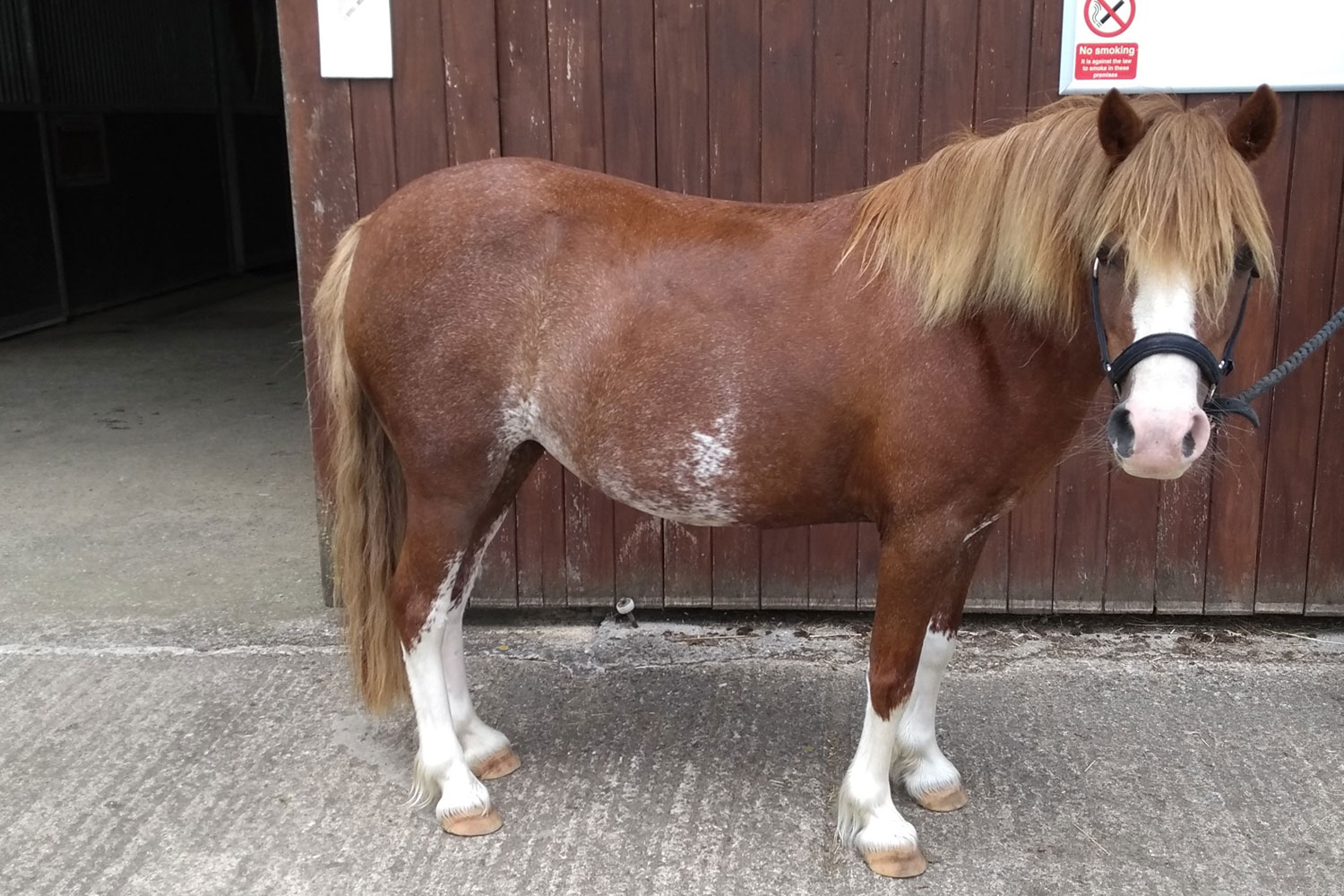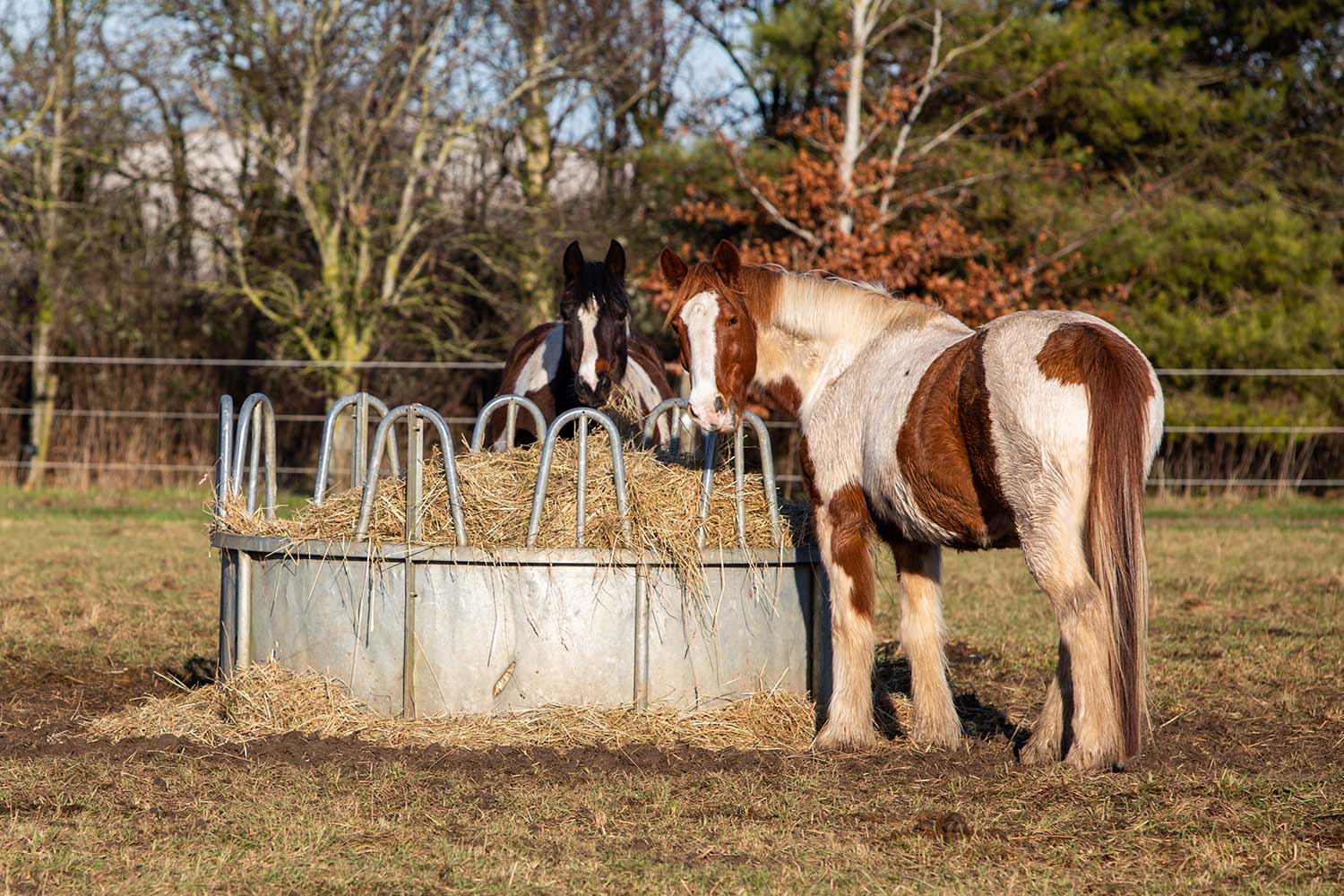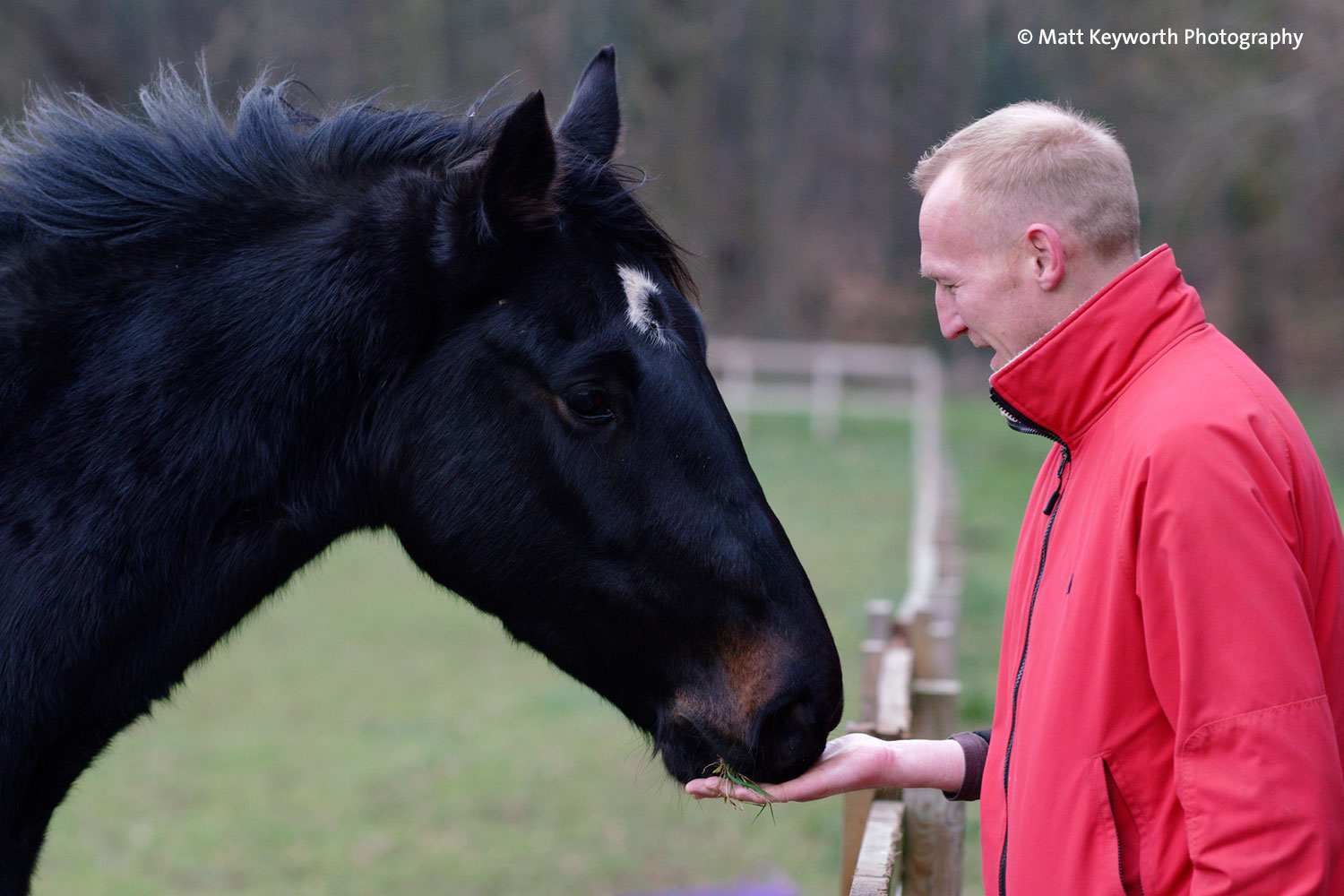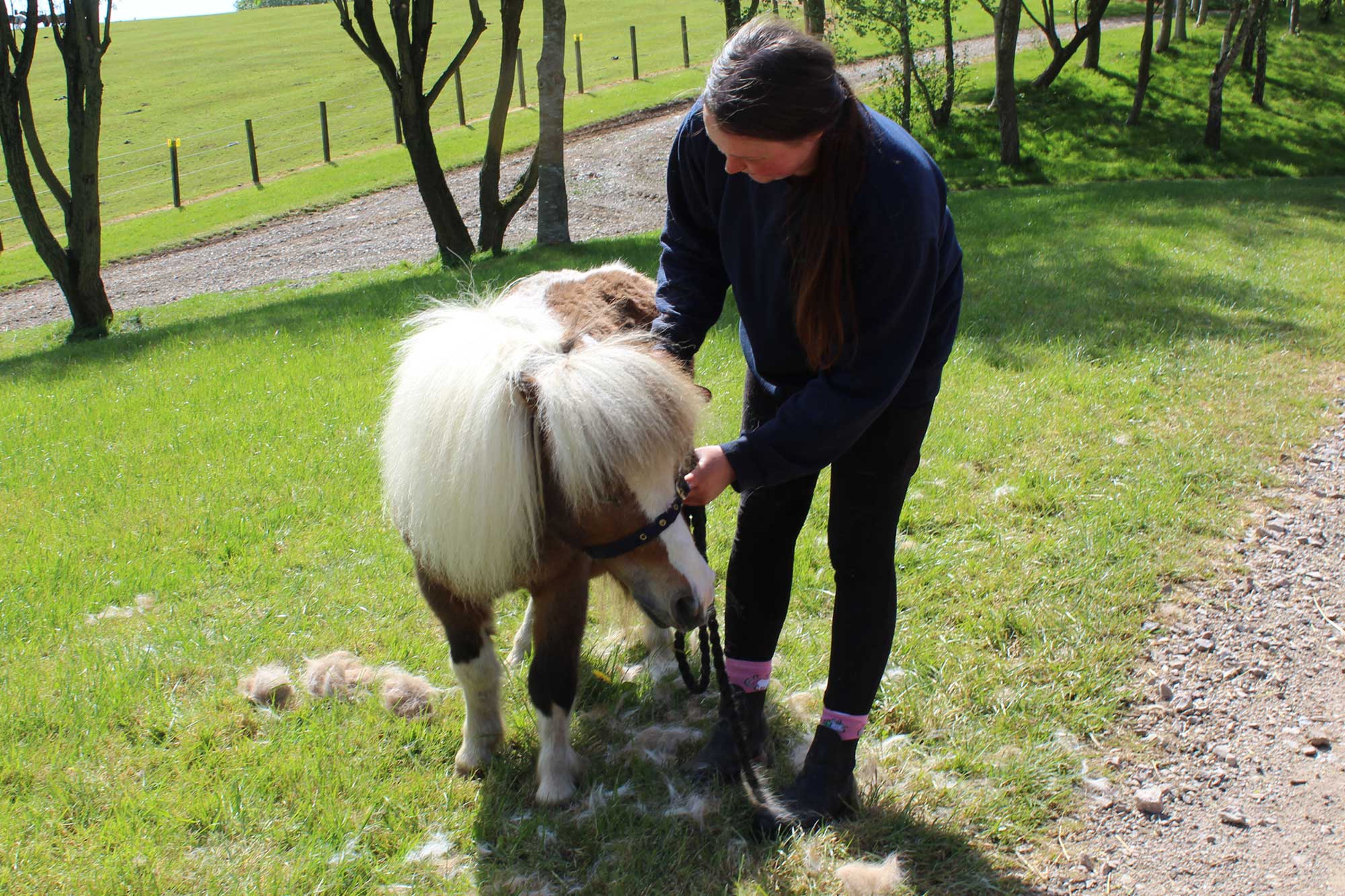Webinar: Targeted parasite control for horses and the environment
The next in the series of our informative and enjoyable Welfare Wednesdays webinars will take place on Wednesday 1 February at 7pm.
Posted on 01/02/2023

We are delighted to welcome Claire Shand from Westgate Labs and vet David Rendle who is a specialist in equine internal medicine to discuss the fascinating and potentially confusing issues around parasite control in horses.
Traditional methods of parasite control centred around regular dosing of wormer but problems around growing worm resistance as well as the effect these chemicals have on the environment have become apparent. Targeted worming is now the preferred method.
“All horses need sustainable parasite control based on worm egg counts and tests to identify parasite burdens before they get to a level to cause illness while minimising chemical intervention to slow the development of wormer resistance.
“Not only is this better for our horses and often cheaper too, but it also benefits the environment. Worming chemicals are poisons and each time we dose our horses, metabolites from these are passed out into the dung and onto our pastures. These leach into the soil and get washed into watercourses, causing harm to microorganisms, insects, fish and aquatic organisms.”
Claire Shand, Westgate Labs
One of the key indicator species that highlights the impact of worming chemicals on the environment is dung beetles. These hard-working insects can be described as nature’s bin men. They have the ability to clear-up large quantities of animal faeces by tunnelling and breeding within dung, feeding upon it and burying it below ground. This action fertilises and aerates soils, improving its ability to retain water and increasing nutrient availability to plants – beneficial for both root structures and other organisms. It is estimated that dung beetles provide ‘ecosystem services’ to the UK cattle industry valued at more than £367 million per year – and they could save even more if looked after better.
“The blanket use of worming chemicals in agriculture have been identified as a major part of their decline, so how do we get the balance right? Some strategic thinking to look after these insects will pay huge dividends to our time, our horse’s health and the environment in the long run. Definitely an investment worth making for all our sakes!”
Claire Shand
By registering for the webinars through Zoom, you will be able to take part in the various polls, ask questions during the Q&A and enjoy an interactive experience.
The webinars are free to attend and if you are unable to attend via Zoom they can be viewed as a Facebook Live session. If you have missed any of the previous webinars – which have tackled subjects as fascinating and diverse as keeping horses fit, weight management, euthanasia, biosecurity, travelling, and cutting costs not care – they are all available to watch on the World Horse Welfare YouTube channel.
More about the presenters: Claire Shand is an experienced Equine RAMA and Marketing Director in her family’s business, Westgate Labs, an award-winning veterinary laboratory specialising in parasite control for horses.
The company has led the way in providing and promoting targeted parasite control measures for horses in the UK since 1999. Every year it supports thousands of owners, vets and professionals in managing this important aspect of horse health and implementing best practice measures to slow resistance to key medicines. A horse owner herself Claire understands the practical considerations of implementing test-based programmes and is passionate about driving behaviour change to make a lasting difference to horse health.
David Rendle BVSc MVM CertEM(IntMed) DipECEIM FRCVS. RCVS and European Specialist in Equine Internal Medicine. Following graduation from The University of Bristol in 2001, David worked in farm animal and equine practice in Somerset before and completing an internship at Liphook Equine Hospital. A 3-year Horserace Betting Levy Board residency at The University of Glasgow and Liphook Equine Hospital enabled him to train as a specialist in equine internal medicine and to gain a masters by research into equine asthma and an RCVS certificate in equine medicine. David spent a number of years at Liphook Equine Hospital and had spells at The Royal Veterinary College and Charles Sturt University in Australia before moving to Rainbow Equine Hospital in Yorkshire where he became a director. David returned to his Westcountry roots in 2020 and now works as an independent equine medicine and therapeutics consultant. He is President of the British Equine Veterinary Association, chair of their health and medicines committee and also sits on a British Equestrian advisory group.
Topics
Related News

Meet pony Amelia at Badminton Horse Trials
Visitors to this year's Badminton Horse Trials can meet rehomed pony Amelia part way round the cross country course, next to World Horse Welfare's sponsored jump.

Webinar: Promoting positive equine wellbeing and behaviour through diet
The effect of food and diet on behaviour and well-being of our horses will be explored in the next webinar
Recommended Blog Posts

Reflections on our relationship with the Balmoral Estate
Centre Manager Eileen reflects on Belwade Farm’s connection with Balmoral Estate – the Scottish residence of our late monarch Her Majesty Queen Elizabeth II – over the years.

Autumn worm control: which worms should you test for?
Field Officer Chris Shaw explains which worms you should be testing for in the autumn – and why it’s so important to test before treating.

Ever wondered what a day in the life of a World Horse Welfare groom is like? Read on to find out!
Groom Lauren has been a member of the Penny Farm Rescue and Rehoming Centre since 2015 – find out how her day pans out during lockdown.
Enjoy reading stories like this?
Join over 55,000 other horse lovers and sign up for our email newsletter

Join over 55,000 other horse lovers and sign up for our email newsletter
Sign me up now